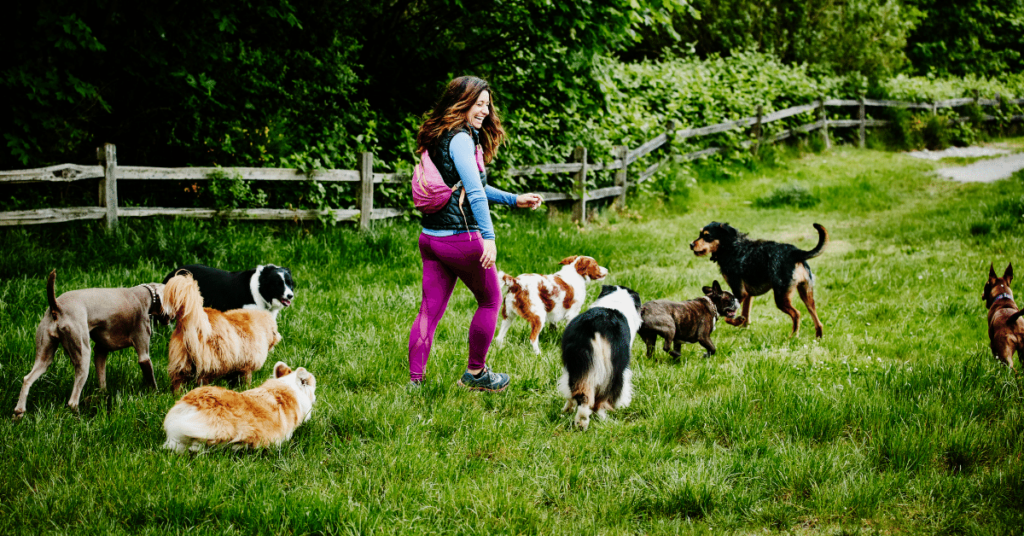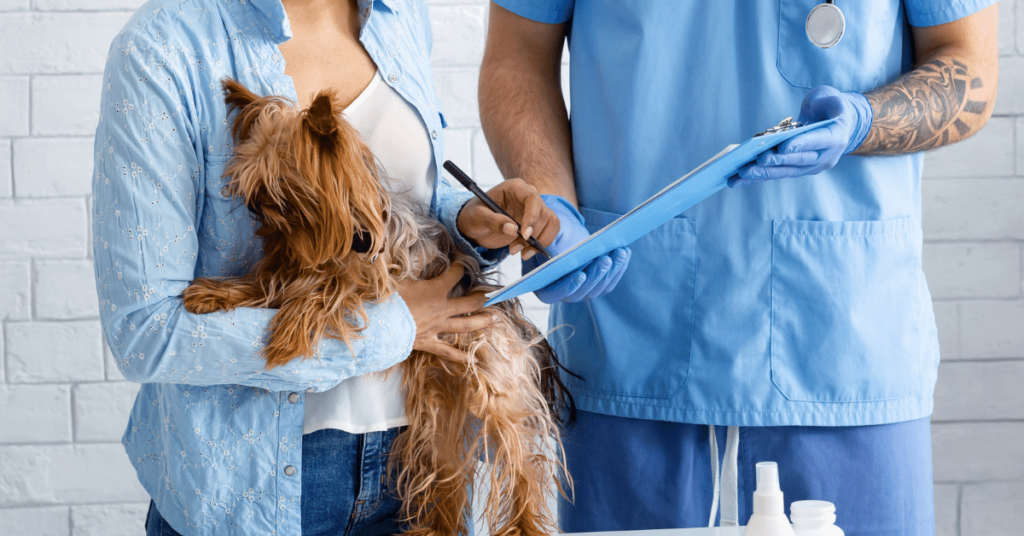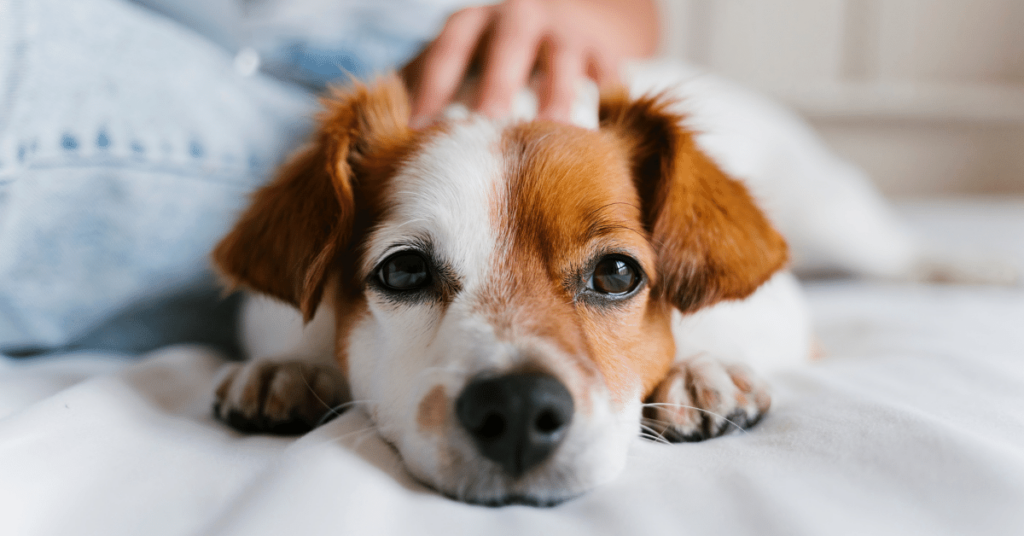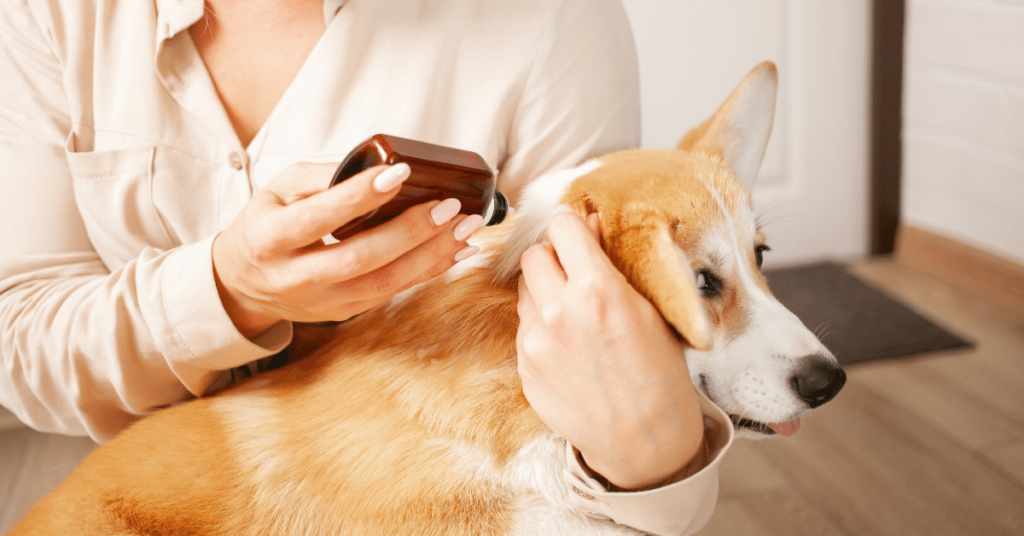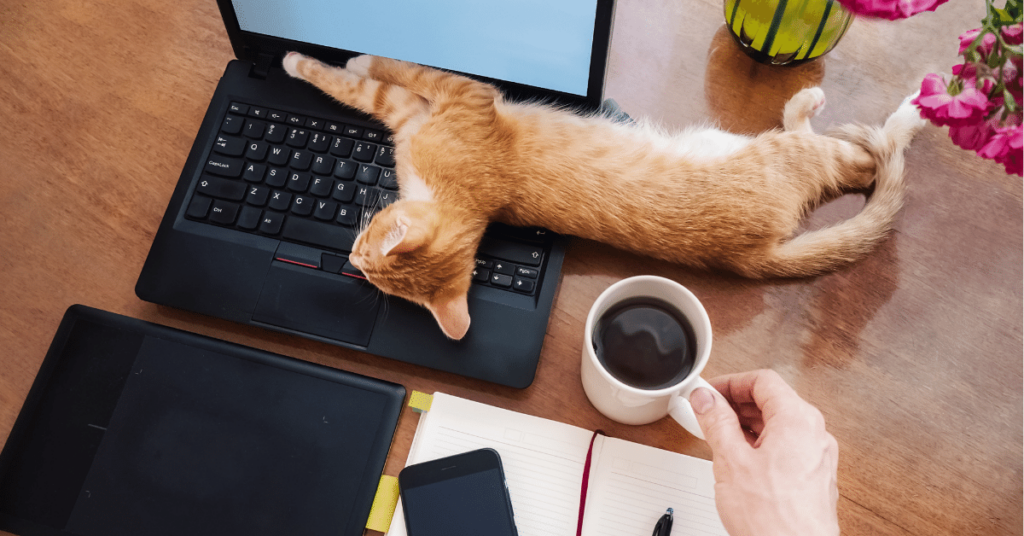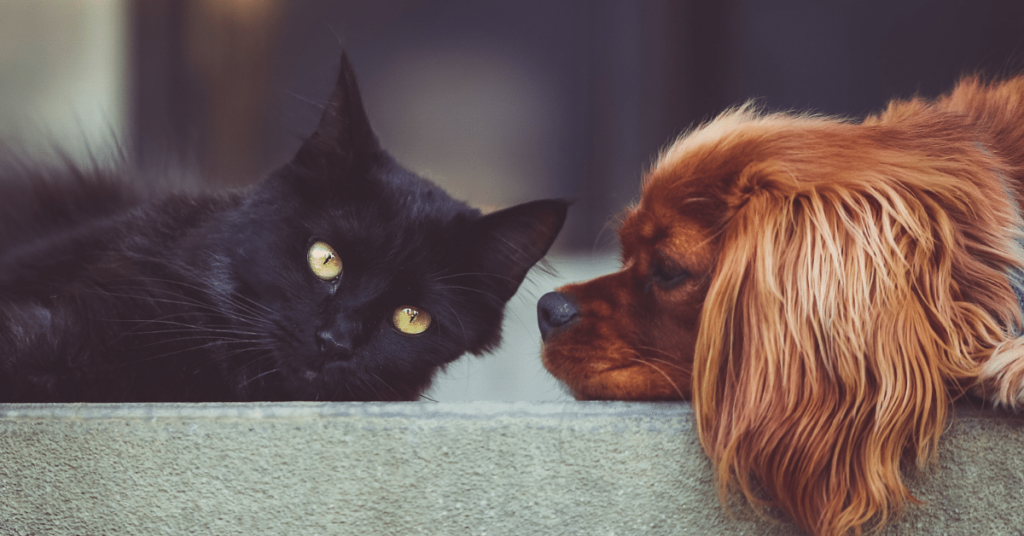Why Socialization is Important for Pets
Socialization plays a crucial role in the overall well-being of our pets. Just like humans, animals are social creatures who need to interact with others to develop healthy minds and bodies. Proper pet socialization not only helps our furry friends adapt to new environments but also enables them to thrive and enjoy a happy life. In this article, we will explore the art of pet socialization and provide you with useful tips to ensure your pet receives the best possible socialization experience.
Understanding Pet Socialization
Pet socialization refers to the process of exposing your pet to various external stimuli, such as different people, animals, sounds, and environments. It helps them become familiar and comfortable with different situations and reduces their anxiety when faced with unfamiliar circumstances. Ideal socialization starts at a young age and continues throughout their lifetime.
Benefits of Pet Socialization
Properly socialized pets tend to be more confident, balanced, and have reduced anxiety levels in new situations. They are less likely to display aggressive or fearful behavior when exposed to unfamiliar people or animals. Socialization also helps prevent behavioral problems in pets and enhances their ability to adapt to changes in their environment. Additionally, a well-socialized pet is generally easier to train and handle, making them a pleasure to be around.
Socialization Techniques for Puppies
Puppies are like sponges, absorbing everything they encounter during their early stages of life. This period, known as the critical socialization period, is between 3 and 14 weeks of age. It is crucial to expose your puppy to a wide range of experiences during this time to help them develop into a well-adjusted adult dog.
Controlled Exposure
Gradually introduce your puppy to new environments, people, and animals in a controlled manner. Start with familiar people and gradually introduce them to new faces. Similarly, expose them to well-behaved and vaccinated dogs in controlled environments to ensure positive experiences. Always prioritize their safety and well-being during these interactions.
Positive Reinforcement
Reward your puppy with treats, praise, or play whenever they display confident and calm behavior during socialization. Positive reinforcement helps them associate new experiences with positive outcomes and builds their confidence.
Ongoing Socialization
Even after the critical socialization period ends, continuous socialization is vital. Expose your puppy to different environments, sights, sounds, and people regularly. Engage them in stimulating activities to keep their minds active and prevent boredom.
Socialization Techniques for Adult Pets
While it is easier to socialize puppies due to their young age and curiosity, adult pets can also benefit greatly from socialization. If you have recently adopted an adult pet or if your pet hasn’t had much exposure to socialization, here are some techniques to consider.
Start Slowly
Begin with one-on-one interactions with a trusted person. Gradually increase the number of people and introduce them to your pet one at a time. Avoid overwhelming your pet with too many new experiences all at once.
Positive Associations
Use treats, toys, or other rewards to create positive associations with new experiences. For example, if your pet is scared of car rides, start by simply sitting in the car and giving them treats. Gradually progress to short drives, always rewarding them for their calm behavior.
Professional Help
If your pet exhibits extremely fearful or aggressive behavior, consider seeking the assistance of a professional animal behaviorist or trainer. They can provide you with expert guidance on how to address specific issues and make the socialization process smoother.
Summary
Proper socialization is essential for pets to live happy and balanced lives. Starting socialization early with puppies and continuing throughout their lives helps them adapt and thrive in various environments. Controlled exposure, positive reinforcement, and ongoing socialization are key techniques for puppy socialization. For adult pets, starting slowly, creating positive associations, and seeking professional help when needed can make a significant difference. By understanding the art of pet socialization and implementing effective techniques, you can ensure your pet’s well-being and enhance the bond you share. Remember, it’s never too late to start socializing your pet!

